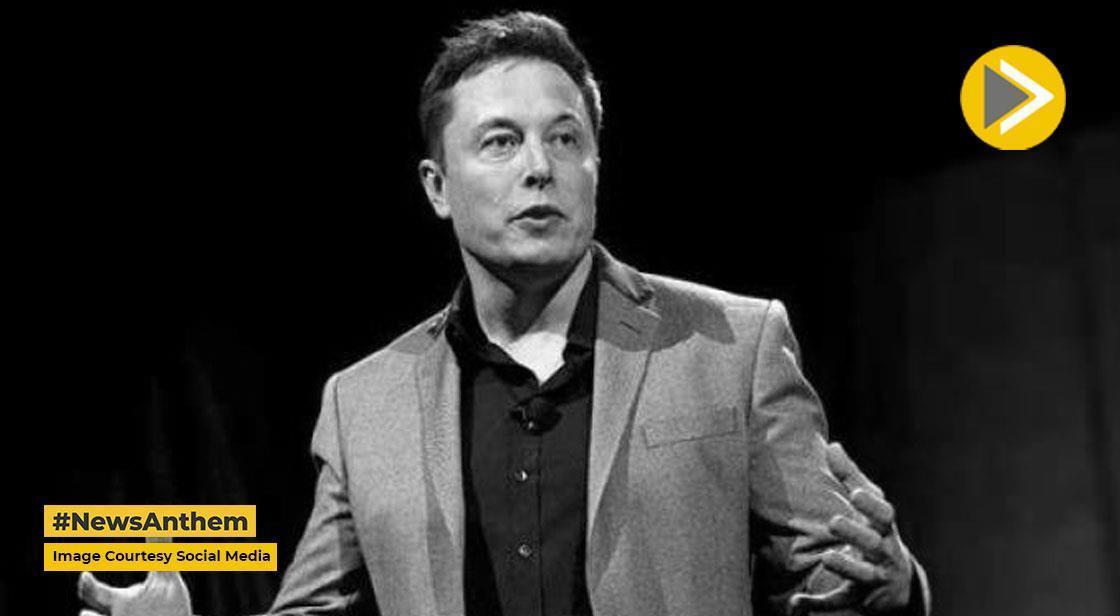Indian Govt, UIDAI Partner with Elon Musk’s Starlink for Aadhaar-Based Satellite Internet

News Synopsis
Elon Musk-led satellite internet venture Starlink has announced that it will require Aadhaar-based authentication for customer verification in India. This development follows the Indian government’s approval for the company to roll out its satellite-powered broadband services across the country.
In an official statement, Starlink confirmed that it will integrate Aadhaar e-KYC into its onboarding process, ensuring faster and more secure customer authentication.
UIDAI Onboards Starlink for e-KYC Integration
The Unique Identification Authority of India (UIDAI) has formally partnered with Starlink Satellite Communication Pvt Ltd to facilitate Aadhaar-based onboarding. According to the statement, this partnership will help streamline customer verification and enhance trust in the service.
“Starlink will use Aadhaar Authentication for customer verification, making the entire process smooth, secure, and very easy,” the UIDAI said.
Capacity to Onboard 20 Lakh Customers
At present, Starlink has the capacity to serve around 20 lakh customers in India, as per official estimates. With satellite-powered broadband speeds of up to 200 Mbps, the service aims to provide high-speed internet access to remote households, businesses, and institutions across the country.
This move is expected to significantly contribute to India’s digital inclusion drive, bridging connectivity gaps in areas where traditional broadband and fiber networks are difficult to deploy.
Regulatory Compliance and Seamless Onboarding
Officials stated that Starlink’s Aadhaar e-KYC integration represents a powerful synergy between India’s trusted digital identity infrastructure and global satellite technology. Aadhaar-based verification will ensure compliance with regulatory requirements while offering a seamless onboarding experience for users.
The appointment of Starlink Satellite Communication as a sub-authentication user agency (S-AUA) and sub-eKYC user agency (S-eKYC) was announced in the presence of UIDAI CEO Bhuvnesh Kumar, Deputy Director General Manish Bhardwaj, and Starlink India Director Parnil Urdhwareshe.
Starlink Limited to 20 Lakh Connections
Union Minister of State for Communications Pemmasani Chandra Sekhar clarified that Starlink’s operations in India will be capped at 20 lakh connections, ensuring that the satellite internet rollout does not disrupt the balance of the telecom sector.
He also highlighted that Starlink will deliver speeds of up to 200 Mbps, providing reliable internet access particularly in underserved rural regions.
Impact on Indian Telecom Sector
While questions have been raised about whether satellite broadband services could pose a threat to existing telecom operators, including state-owned BSNL, the minister downplayed such concerns.
Speaking on the sidelines of a BSNL review meeting, Sekhar said that satellite internet services will complement rather than compete with traditional telecom players. This suggests that Starlink’s services will primarily target areas with limited or no connectivity, rather than directly challenging established telecom providers in urban markets.
Significance of Aadhaar Integration for Starlink
The integration of Aadhaar authentication into Starlink’s operations highlights India’s push to strengthen digital governance and security in the telecom sector. For consumers, it means easier, faster, and more reliable onboarding.
For Starlink, leveraging Aadhaar helps build trust with regulators and customers alike, ensuring that the rollout of satellite internet in India complies with national security and verification norms.
The Road Ahead for Satellite Internet in India
With its official entry, Starlink joins India’s growing digital ecosystem at a time when the demand for fast and reliable internet is surging. As India works toward achieving Digital India goals, Starlink’s presence could play a crucial role in expanding rural internet access.
However, its limited capacity of 20 lakh connections indicates that the service will remain exclusive in the short term, with possible expansion in the future depending on infrastructure and regulatory approvals.
You May Like









